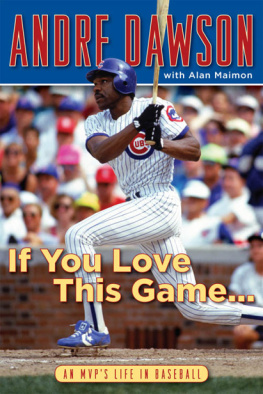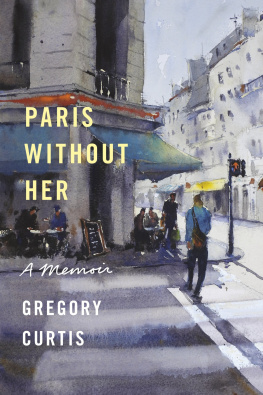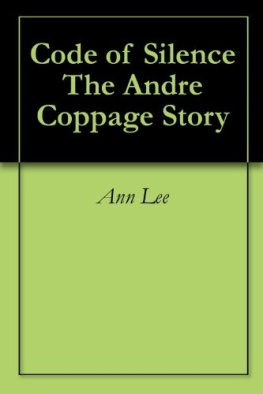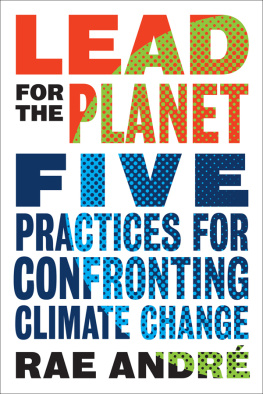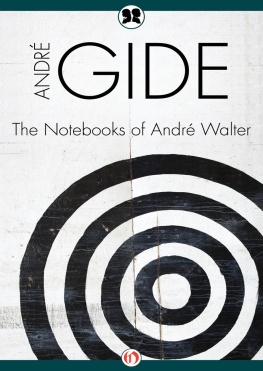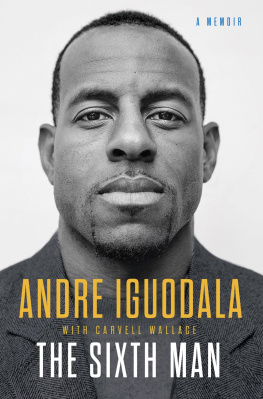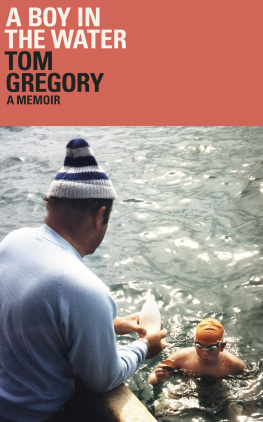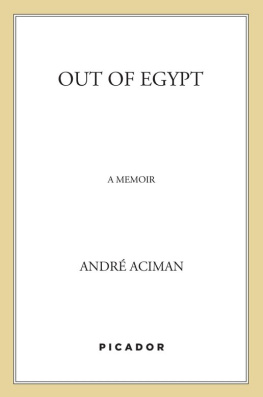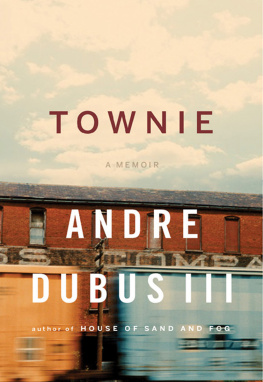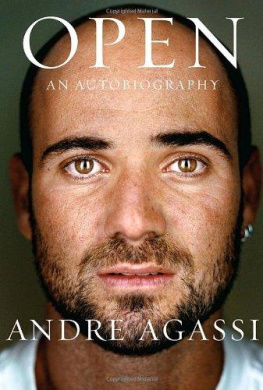André Gregory - This Is Not My Memoir
Here you can read online André Gregory - This Is Not My Memoir full text of the book (entire story) in english for free. Download pdf and epub, get meaning, cover and reviews about this ebook. publisher: Farrar, Straus and Giroux, genre: Non-fiction. Description of the work, (preface) as well as reviews are available. Best literature library LitArk.com created for fans of good reading and offers a wide selection of genres:
Romance novel
Science fiction
Adventure
Detective
Science
History
Home and family
Prose
Art
Politics
Computer
Non-fiction
Religion
Business
Children
Humor
Choose a favorite category and find really read worthwhile books. Enjoy immersion in the world of imagination, feel the emotions of the characters or learn something new for yourself, make an fascinating discovery.

- Book:This Is Not My Memoir
- Author:
- Publisher:Farrar, Straus and Giroux
- Genre:
- Rating:4 / 5
- Favourites:Add to favourites
- Your mark:
- 80
- 1
- 2
- 3
- 4
- 5
This Is Not My Memoir: summary, description and annotation
We offer to read an annotation, description, summary or preface (depends on what the author of the book "This Is Not My Memoir" wrote himself). If you haven't found the necessary information about the book — write in the comments, we will try to find it.
This Is Not My Memoir — read online for free the complete book (whole text) full work
Below is the text of the book, divided by pages. System saving the place of the last page read, allows you to conveniently read the book "This Is Not My Memoir" online for free, without having to search again every time where you left off. Put a bookmark, and you can go to the page where you finished reading at any time.
Font size:
Interval:
Bookmark:
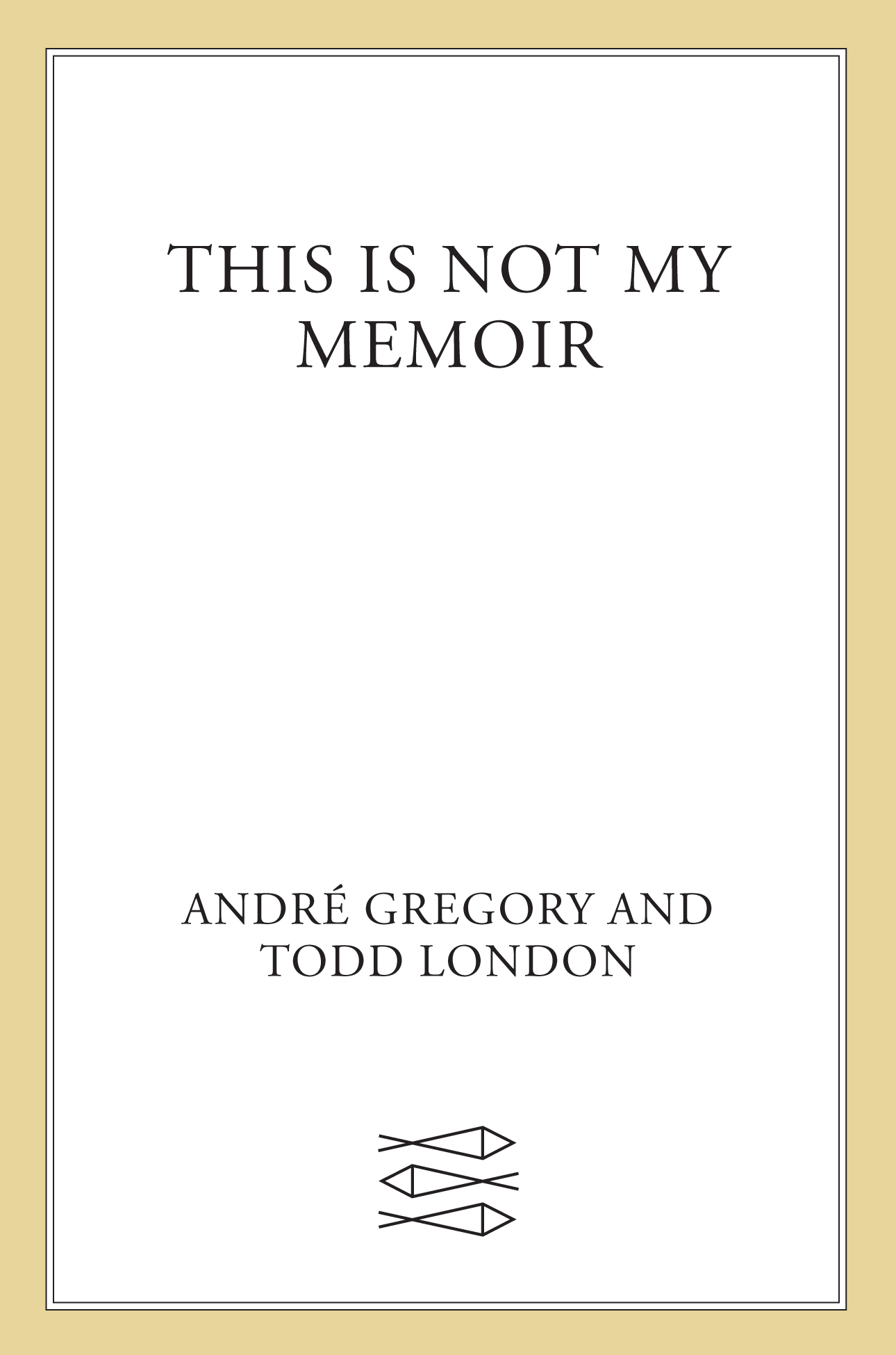

The author and publisher have provided this e-book to you for your personal use only. You may not make this e-book publicly available in any way. Copyright infringement is against the law. If you believe the copy of this e-book you are reading infringes on the authors copyright, please notify the publisher at: us.macmillanusa.com/piracy.
For Cindy
Till the end of time.
A.G.
For Karen
T.L.
One must wait until the evening to see how splendid the day has been.
SOPHOCLES
W HEN I WAS A FRESHMAN at Harvard in 1952, I had horrible roommates and got slightly depressed. As a consequence, I moved into an awful run-down hotel in Boston to avoid them. When I went for walks at night, I would pass the Old Howard, Bostons oldest and most famous burlesque house. I kept returning night after night, because of a stripper called Princess Totem Pole. I called her the Antonin Artaud of striptease, after the mad French artist who envisioned the theater of cruelty.
The Princess had built herself a raked stage, on which were great green abstract leaves she had painted. Upstage there was a large totem pole, with red lights that blinked on and off like eyes. She gyrated and bumped to the music of Yma Sumac, a Jewish American girl from Long Island who passed herself off as a Peruvian princess. Two large blackbirds would strip Princess Totem Pole. They would peck at her clothes, and the clothes would fall to the ground. Eventually, I became the Princesss assistant. One of my jobs was to feed the blackbirds.
After telling people this story for years, I decided that it was so unbelievable, so outrageous, that it could not possibly have happened. I must have made it up. So I stopped telling it.
MY YOUNGEST BROTHER, Peter, says there are three stages in a life: Youth, Middle Age, and Youre-looking-great! Ive reached the age of Youre-looking-great, and its all a mystery. Gloria Steinem cites a Native American saying that old age is, like childhood, a time of wonder, because both are near to the unknown.
And what a wonder my life has been. Or at least it has been a wonder to me. So many stories. I can hardly believe it all happened. As the narrator of my favorite childhood radio show would say each week, incredible but true. How true? Who can say for sure? Stories are slippery creatures, a bit like dreams, composed of what actually happened, filtered over time through the prism of selective memory.
GIVEN THE AMOUNT OF TIME I generally rehearse the plays I directsometimes four years, sometimes as many as fourteenmy next play, Ibsens Hedda Gabler, could be ready for an audience in time for my 100th birthday (as of this writing I am eighty-five years old). Yesterday as we were walking through a graveyard, my wife, Cindy, made me promise to live another twenty years. If I dont, she said, shell kill me. And does it really matter if I complete the play? Isnt the joy of work in the doing? Isnt it the process itself that matters?
MANY YEARS AFTER I allegedly worked for Princess Totem Pole, I ran into a college classmate as I was leaving a restaurant. He greeted me warmly, as if we were old friends. Then he said: God, remember how I used to come visit you at the Old Howard when you worked with that stripper? What was her namePrincess something-or-otherwith those great big blackbirds?
So it was true all along.
W E PERFORM THREE CRUCIAL ACTIONS in our lives. One is meeting the partner with whom we will spend our years, if we are lucky enough to do so. One is choosing a vocationor surrendering to the vocation that chooses us. And the last is finding a spiritual teacher, should we be blessed to find one.
Our vocations come to us very early in life. My friend Richard Avedon, the photographer, once said that as a relatively small child, he would put up a black curtain in his doorway, poke a hole through it, and spend the day watching his family through his improvised lens. The birth of a photographer. Luis Miguel Domingun, one of the great bullfighters of all time, was already, at the age of two, carving little bulls out of wood. The birth of a bullfighter. By the time my family arrived in America I had experienced so muchviolence, dictatorship (including within my family), war, and flight. I already had so many stories to tell. That was my initiation into the world of the artist. You dont necessarily celebrate or appreciate your vocation. In fact, at times, you wish you could escape it. But it never leaves you alone.
I WAS BORN IN PARIS IN 1934 to Russian Jewish parents who had fled to France after years in Germany. Hitler was elected Fhrer three months after I was born. Two years later the Spanish Civil War and the Moscow Show Trials began. More than eighty years have passed, and I still dont know exactly what my parents did to survive, what kind of deals my father had to make to get away from both Stalin and Hitler.
While our life in Paris was beyond comfortable, the disquieting truth of what it meant to be Jewish in Europe at that time was coming into focus. My parents friends were leaving without saying goodbye; the choice to depart couldnt have been easy. And to where? America? To my cosmopolitan parents, Grisha Josefowitz and Lydia Sliosberg, America seemed dangerous, disturbing, devoid of culture. America for them was John Dillinger gunned down in front of a movie theater, the gangster Al Capone, and the kidnapping of the Lindbergh child. They werent ready to leave their apartment in Paris, the city they loved, the world they loved. The only thing that could persuade them to flee to the United States was an even greater fear: the fear of Adolf Hitler and the coming of a second world war.
MY PARENTS MET in the late twenties shortly after Stalin came to power. My father, who had worked with Leon Trotsky during the USSRs New Economic Policy, exporting furs to the United States, was by this time a representative in Moscow for IG Farben, a huge German chemical conglomerate, which a decade later would develop Zyklon B, the gas used in the Nazi death camps. Working for IG Farben meant my father had a German passport as well as a Russian one.
The Soviet secret police wanted one of its own traveling back and forth between Germany and the Soviet Union. As a Soviet representative with IG Farben, he was perfect, except for one thing: He wasnt a member of the Communist Party. They needed their go-between to be a member of the Party. And so they arrested him. His arrest, he theorized, was a first attempt to get him to join. Once released, though, he used his German passport to escape to Berlin. He would spend the next several years trying to get my mother out of Moscow, too. (They had not yet married and, though they hardly knew each other, he had decided she was the one.)
Even before he left Russia for Berlin, my father worked to help other family members leave. He spent time in Warsaw, meeting with the Soviets, who had a small office there in which you could negotiateas you would with Turkish rug merchantsfor relatives already trapped in the Soviet Union. You would offer $10,000 for visas; the Soviets would demand $20,000. Somehow, by the time the war began in 1939, my father had succeeded in getting out of the USSR every single relative that he and my mother had there.
AFTER MY FATHER FLED THE USSR, he made a fortune in Weimar Berlin, one of the wildest cities in all of Europe at the time. The city of Marlene Dietrich and Louise Brooks, and, within a few years, groundbreaking films like
Font size:
Interval:
Bookmark:
Similar books «This Is Not My Memoir»
Look at similar books to This Is Not My Memoir. We have selected literature similar in name and meaning in the hope of providing readers with more options to find new, interesting, not yet read works.
Discussion, reviews of the book This Is Not My Memoir and just readers' own opinions. Leave your comments, write what you think about the work, its meaning or the main characters. Specify what exactly you liked and what you didn't like, and why you think so.

